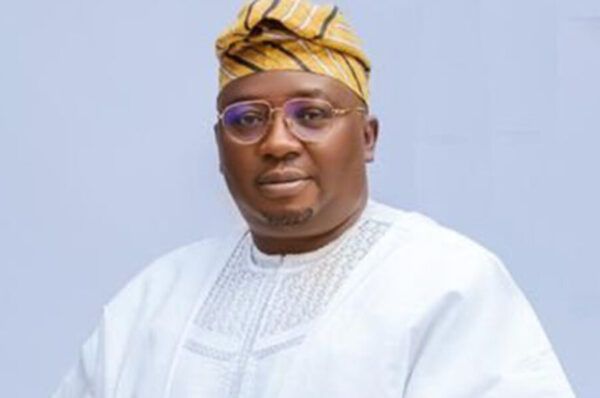…says fragile national grid requires careful mgt
The Minister of Power, Chief Adebayo Adelabu, has said creating multiple and unsynchronised markets with conflicting regulations in the sector posed serious risks that could confuse investors and strand power.
Adelabu, who expressed the concerns, while speaking yesterday at the technical session to mark the 20th anniversary of the Nigerian Electricity Regulatory Commission (NERC), held in Abuja, advised industry players must be mindful of such risks.
The minister also cautioned that the fragile national grid requires careful management to prevent fragmentation that could leave some regions behind. He recalled that since the enactment of the Electric Power Sector Reform Act in 2005, NERC has been at the center of Nigeria’s transition from a state-run utility to a liberalized, private-sector-driven electricity market.
He said: “Over these two decades, the Commission has laid the foundations of market stability – developing tariff frameworks, consumer protection sector’s evolution mechanisms, and regulatory guidelines that have shaped our power “This shift arrived with the Electricity Act of 2023, a landmark legislation signed by His Excellency, President Bola Tinubu, on the 6th of June 2023. “This Act, coupled with the prior constitutional alteration, represents the most profound change in our sector’s history.
“It effectively bifurcates constitutional responsibilities, demonopolizing the electricity market and empowering State governments not just to markets is a game-changer generate, transmit, and distribute electricity within their territories, but to regulate their individual State Electricity Markets. “This move from a single national grid to potentially multiple, integrated sub-national.
“Opportunities, which we must strategically harness. The new structure presents a paradigm shift with immense Unlocking sub-National potential, he noted: “The Act is a powerful tool for energy security. “It allows states, many of which are larger than some neighbouring countries, to take charge of their energy economic and social needs. destinies.
“The States can now leverage on their unique resources – be it solar, hydro, or wind, to build grids that serve their specific. Driving investment and competition: By opening the value chain to states and private investors, while fostering competition, which innovative pricing for consumers will ultimately lead to more options, better services, and achieving Incremental Progress: Some have proposed a strategic, city-by-city approach to achieving steady power, starting with state capitals by 2030.”















